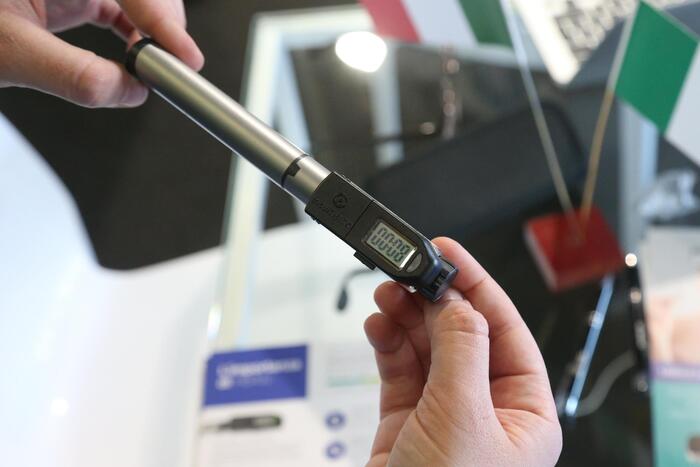Exactly 100 years ago, on April 15, 1923, a US pharmaceutical company put insulin on the market for the first time, two years after its discovery in 1921 by Canadian doctors Frederick Grant Banting and Charles Herbert Best who for this the Nobel prize in 1923. A life-saving drug for millions of diabetics, the need for insulin has grown exponentially in recent years due to the explosion of cases, also due to incorrect lifestyles and the increase in obesity.
What is underway, experts warn, is a true diabetes 'epidemic' and action must be taken in time: in fact, there is already a shortage of this drug for many patients, with great difficulty in accessing it in the poorest countries.
Insulin is a hormone secreted by the pancreas that regulates blood sugar and its lack in the blood leads to the development, respectively, of type 1 diabetes (of autoimmune origin) and type 2 diabetes (largely of metabolic and related origin). also to lifestyles).
All types of diabetes manifest themselves through hyperglycemia, i.e. the high concentration of sugar in the blood.
In type 1 diabetes, insulin is currently the only life-saving therapy, while in type 2, insulin therapy is not always essential but is necessary in about a third of cases.
However, with 511 million type 2 diabetics expected worldwide by 2030 - and about 4 million patients in Italy,
with constantly growing numbers - the need for insulin worldwide will rise by more than 20% in the next 12 years and half of the diabetic patients who will need it (they will be 79 million in 2030), according to a recent study in the Lancet, risks remaining without access to medicine.
The problem underlined to ANSA by the president of the Italian Society of Diabetology (SID), Angelo Avogaro, is that "in some countries insulin is now too costly: 75% of diabetes patients in the United States, for example, are forced to make debts to be able to guarantee drug therapy and this is unacceptable.
It is therefore above all a question of the market". On the other hand, notes the president-elect of Sid Raffaella Buzzetti, "insulin has improved a lot over the years thanks to the commitment of the industries, which have come to produce insulin molecules that are increasingly similar to the human one". In Italy, he says, "thanks to the National Health Service we can provide it free of charge to all patients, but unfortunately this is not the case in less wealthy countries, where there are shortages or less effective older generation insulins are used.
However, a positive signal comes from the USA, where in 2022 the large manufacturing companies have decided to reduce the prices of the new insulins: this bodes well and the commitment of the richest West should be to guarantee the
But if insulin remains the first 'lifesaver' in many cases, there have been many advances made by research in recent decades and new goals are being worked on.
In "about ten years - notes Avogaro - for example, it will be possible to encapsulate beta cells that produce insulin directly in the liver or in the abdomen. These may be unreachable by the immune response and therefore the transplant will no longer present the risk of rejection".
Another front on which work is being done is that of insulins which are injected and respond only when blood sugar increases: "This - he says - will greatly reduce the risk of hypoglycemia".
Giant strides, Buzzetti notes, "have also been achieved thanks to the new drugs that prevent cardiac and renal complications, which are the most serious in people with diabetes".
However, the primary objective remains the push towards prevention: "For type 2 diabetes, which represents 90% of cases, we need to encourage extensive screening, but also for type 1 diabetes, prevention is becoming increasingly important".
A final step forward, he concludes, "comes from the USA, where last year the Food and Drug Administration (FDA) approved a new monoclonal antibody that can be administered to prevent and stave off the onset of type diabetes 1 in children at risk due to familiarity".






